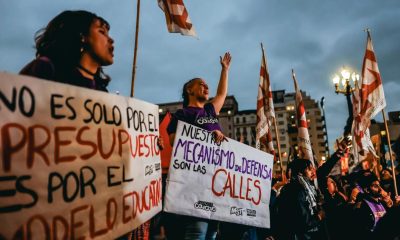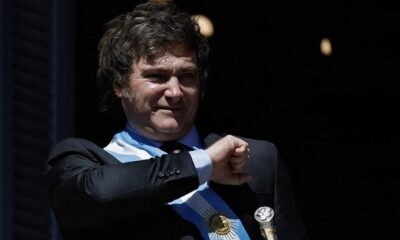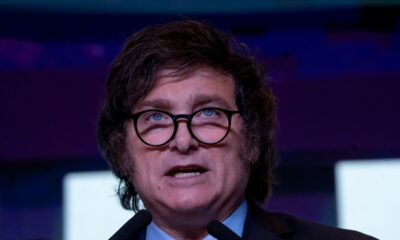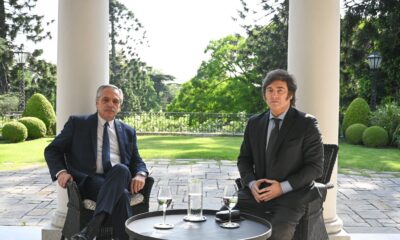International
Investment and technology, keys to the economic relationship between Argentina and Germany
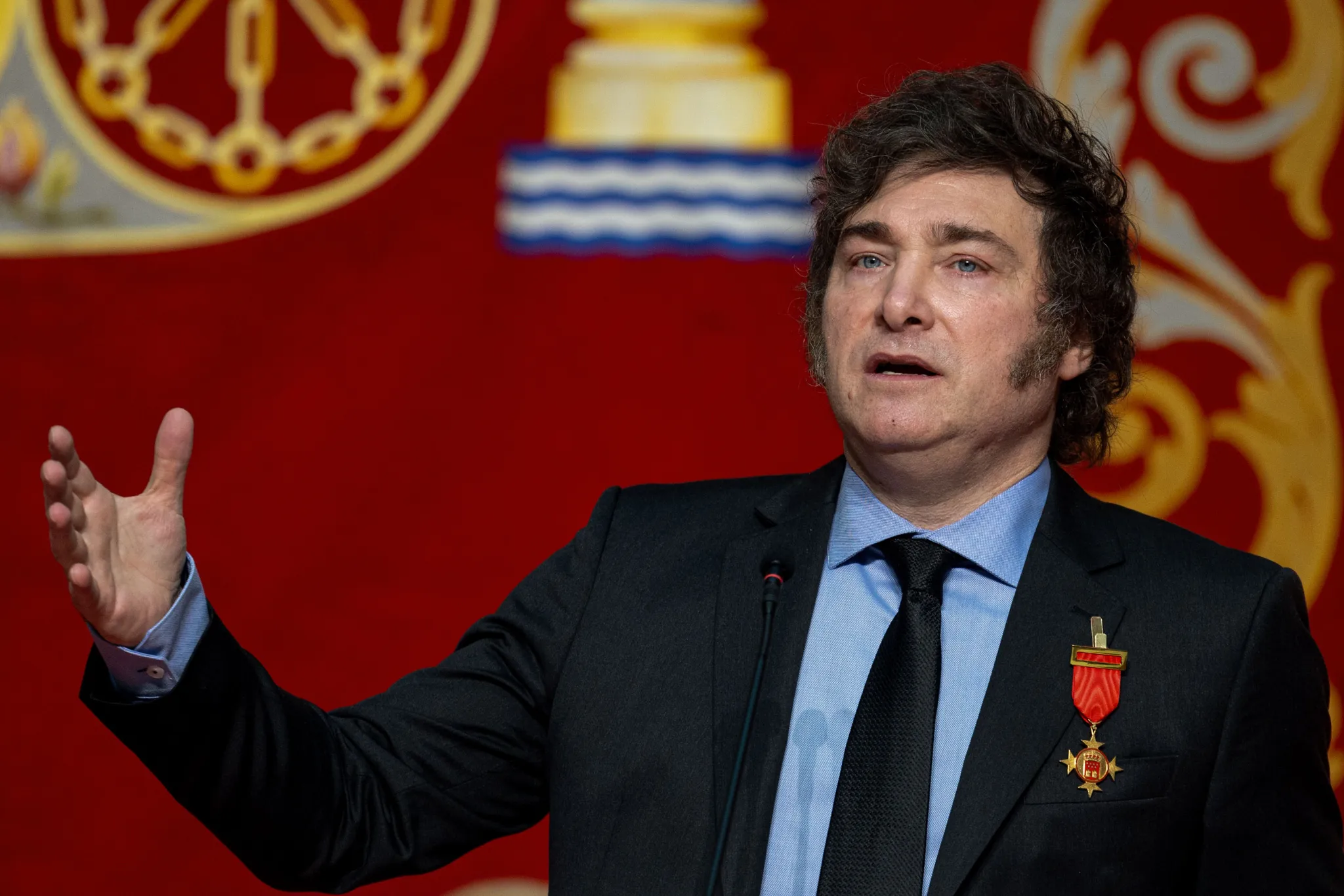
The relationship between Argentina and Germany – a country to which President Javier Milei will make a working visit this weekend – is based on foreign investment, cooperation in natural resources and trade exchange, supported by bilateral agreements and joint projects to promote economic and technological development in both countries.
Milei is scheduled to travel tomorrow, Saturday, to Germany, where he will be awarded in Hamburg (north) the Hayek medal that the homonymous society awarded him due to his achievements as a “reformer”.
The next day, the Argentine president and the German Chancellor, Olaf Scholz, will hold a meeting in Berlin at the head of their respective delegations.
Germany has shown interest in cooperating with Argentina in the exploration and production of critical minerals such as lithium and copper, essential for the energy transition and the manufacture of batteries. This aligns with Germany’s efforts to diversify its sources of supply and reduce dependence on China.
In 2023, the stock of total Foreign Direct Investment (FDI) in Argentina ammounted to 128,855 million dollars (about 120,382.7 million euros), which represents 10.4% more than the previous year and 26.4% of the Gross Domestic Product (GDP), according to data from the Ministry of Foreign Affairs.
The upward trend of FDI continues in 2024, with various sectors such as lithium extraction, hydrocarbons and financial technology attracting a considerable amount of foreign investment.
Germany – an important investor in the automotive, technology and manufacturing industry – is in eighth place in FDI in Argentina, after the United States, Spain, Brazil, the Netherlands, Chile, China and Italy.
In 2023, German companies in Argentina made a significant investment in various sectors.
A survey by the Argentine-German Chamber of Industry and Commerce (AHK) and the consultancy EY Argentina revealed that 74% of German companies planned to invest more than one hundred million dollars (about 93.42 million euros) in the South American country. These investments were mainly used for fixed assets and the incorporation of technology.
Germany’s FDI stock in Argentina is mainly focused on the manufacturing (35%), mineral and oil extraction (22.3%), and retail and wholesale sectors (10.9%).
German companies such as Siemens, Volkswagen and Bayer have a strong presence in Argentina, promoting innovation and technology transfer in various industries.
Projects and cooperation in critical minerals are another key point of the economic relationship between the two countries, since Argentina is one of the main producers of lithium, essential for the manufacture of batteries, and that in 2022 exports of this element increased by 234%.
In February 2024, representatives of Germany and Argentina discussed cooperation in the supply chain of critical minerals, such as copper and lithium, with the aim of reducing dependence on China.
Regarding Argentine investment in Germany, which is less significant, companies from the South American country are beginning to explore opportunities in high-tech and renewable energy sectors.
In terms of cooperation and strategic alliances, both countries have signed bilateral agreements to encourage investment and facilitate trade. Argentina and Germany collaborate in infrastructure and technological development projects, taking advantage of the German experience in these fields.
Trade between Argentina and Germany includes Argentine exports of agricultural and mineral products, and imports of German machinery and industrial products. This exchange is fundamental for the Argentine economy and benefits both countries by diversifying their markets.
In 2022, total trade between Germany and Argentina exceeded $3.6 billion, with a growth of 8% compared to 2021.
In March 2024, Germany exported products worth 169 million euros (181 million dollars) to Argentina and imported goods for 104 million euros, resulting in a positive trade balance of 65.3 million euros (70 million dollars) for Germany.
Exports from Germany to Argentina include machinery, vehicles, chemicals and pharmaceuticals. The European nation is a key supplier of advanced technologies and industrial equipment necessary for various sectors of the Argentine economy.
Meanwhile, imports from Germany from Argentina focus on agricultural products and food, such as soybeans, wine and meat, as well as minerals.
The commercial relationship benefits from the complementarity between the economies, where Argentina provides raw materials and food, and Germany provides technology and manufactured products.
Both countries are working on closing a free trade agreement between the European Union (EU) and Mercosur, which could further enhance trade exchange and open up new business opportunities.
This agreement has been the subject of long negotiations and currently faces significant opposition from several EU member countries, especially France and Austria.
In contrast, countries such as Germany, Spain and Portugal are in favor of moving forward with the agreement, highlighting the economic benefits and the need to strengthen trade relations with Latin America.
International
Trump urges Putin to reach peace deal
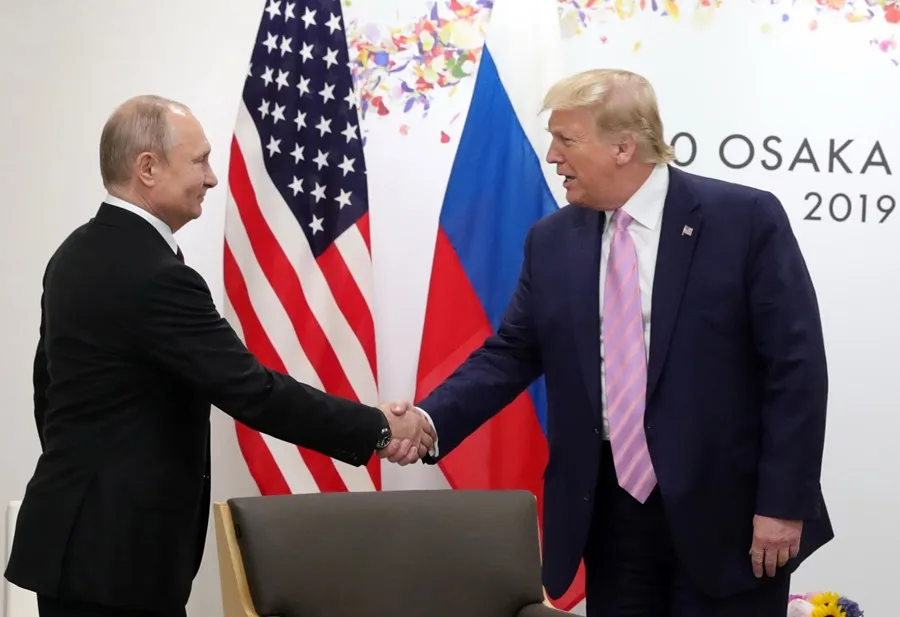
On Monday, U.S. President Donald Trump reiterated his desire for Russian President Vladimir Putin to “reach a deal” to end the war in Ukraine, while also reaffirming his willingness to impose sanctions on Russia.
“I want to see him reach an agreement to prevent Russian, Ukrainian, and other people from dying,” Trump stated during a press conference in the Oval Office at the White House.
“I think he will. I don’t want to have to impose secondary tariffs on Russian oil,” the Republican leader added, recalling that he had already taken similar measures against Venezuela by sanctioning buyers of the South American country’s crude oil.
Trump also reiterated his frustration over Ukraine’s resistance to an agreement that would allow the United States to exploit natural resources in the country—a condition he set in negotiations to end the war.
International
Deportation flight lands in Venezuela; government denies criminal gang links

A flight carrying 175 Venezuelan migrants deported from the United States arrived in Caracas on Sunday. This marks the third group to return since repatriation flights resumed a week ago, and among them is an alleged member of a criminal organization, according to Venezuelan authorities.
Unlike previous flights operated by the Venezuelan state airline Conviasa, this time, an aircraft from the U.S. airline Eastern landed at Maiquetía Airport, on the outskirts of Caracas, shortly after 2:00 p.m. with the deportees.
Interior Minister Diosdado Cabello, who welcomed the returnees at the airport, stated that the 175 repatriated individuals were coming back “after being subjected, like all Venezuelans, to persecution” and dismissed claims that they belonged to the criminal organization El Tren de Aragua.
However, Cabello confirmed that “for the first time in these flights we have been carrying out, someone of significance wanted by Venezuelan justice has arrived, and he is not from El Tren de Aragua.” Instead, he belongs to a gang operating in the state of Trujillo. The minister did not disclose the individual’s identity or provide details on where he would be taken.
International
Son of journalist José Rubén Zamora condemns father’s return to prison as “illegal”
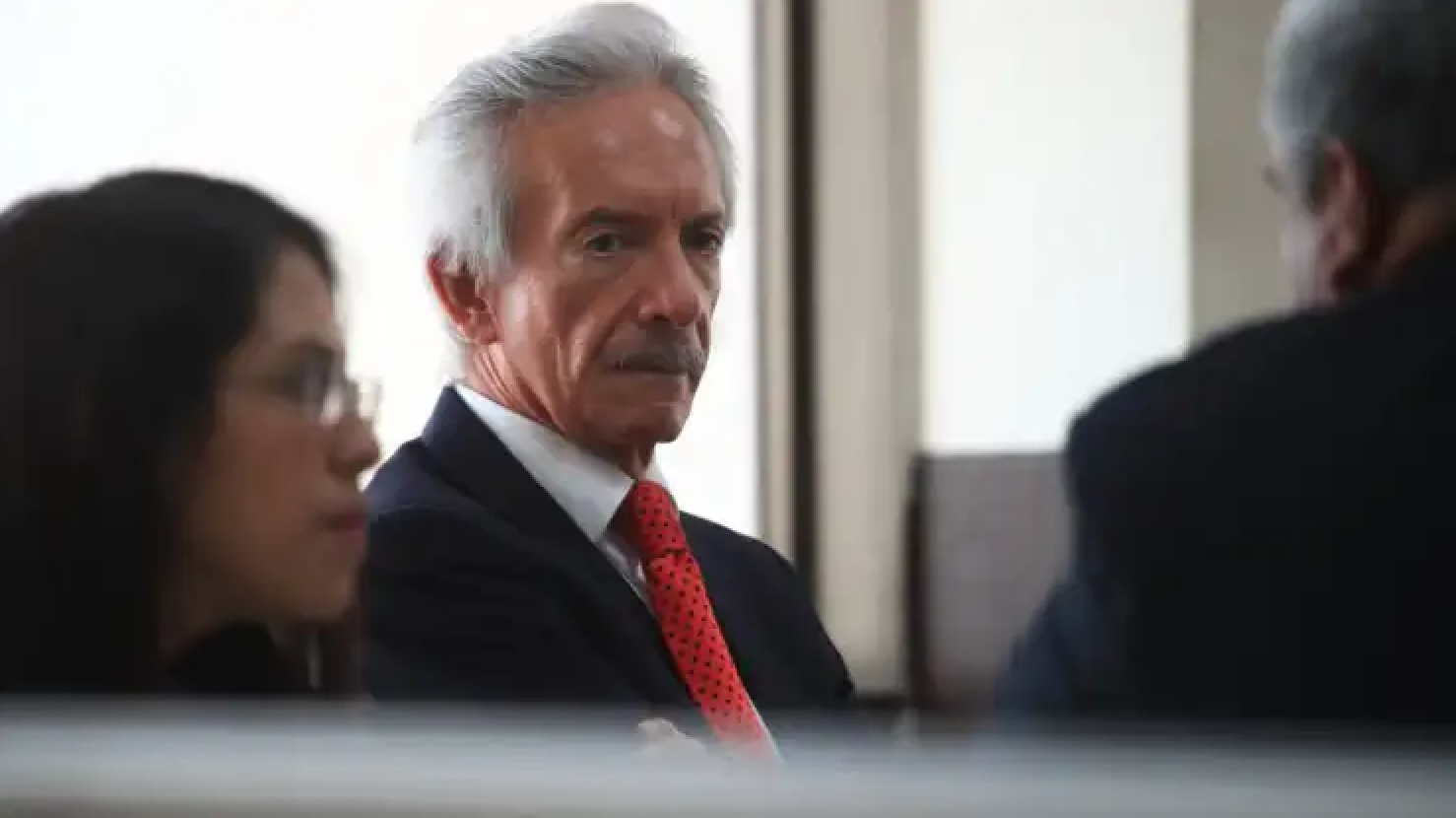
The son of renowned journalist José Rubén Zamora Marroquín, José Carlos Zamora, has denounced as “illegal” the court order that sent his father back to a Guatemalan prison on March 3, after already spending 819 days behind barsover a highly irregular money laundering case.
“My father’s return to prison was based on an arbitrary and illegal ruling. It is also alarming that the judge who had granted him house arrest received threats,” José Carlos Zamora told EFE in an interview on Saturday.
The 67-year-old journalist was sent back to prison inside the Mariscal Zavala military barracks on March 3, when Judge Erick García upheld a Court of Appeals ruling that overturned the house arrest granted to him in October. Zamora had already spent 819 days in prison over an alleged money laundering case.
His son condemned the situation as “unacceptable”, stating that the judge handling the case “cannot do his job in accordance with the law due to threats against his life.”
-

 Central America5 days ago
Central America5 days agoNicaragua denounces Costa Rica’s position in SICA as aligned with foreign interests
-

 Central America5 days ago
Central America5 days agoNicaragua’s new judicial law consolidates power in Ortega and Murillo’s hands
-
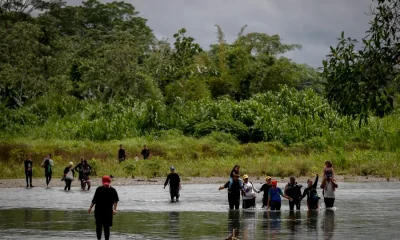
 Central America5 days ago
Central America5 days agoPanama’s president declares Darién gap ‘closed’ amid sharp drop in migrant flow
-

 International3 days ago
International3 days agoSon of journalist José Rubén Zamora condemns father’s return to prison as “illegal”
-

 International5 days ago
International5 days agoMarco Rubio warns Venezuela against military action against Guyana
-

 International3 days ago
International3 days agoMiyazaki’s style goes viral with AI but at what cost?
-

 Central America2 days ago
Central America2 days agoPanama police clarifies that Interpol alert for Martinelli is still pending
-

 International2 days ago
International2 days agoDeportation flight lands in Venezuela; government denies criminal gang links
-

 Central America16 hours ago
Central America16 hours agoU.S. Homeland Security Secretary urges Mexico to strengthen Guatemala border
-

 International16 hours ago
International16 hours agoTrump urges Putin to reach peace deal
-

 Central America16 hours ago
Central America16 hours agoPanama grants Martinelli 72-hour extension to travel to Nicaragua
-
Central America4 days ago
Nicaragua revokes legal status of 10 more NGOs, bringing total to over 5,600
















